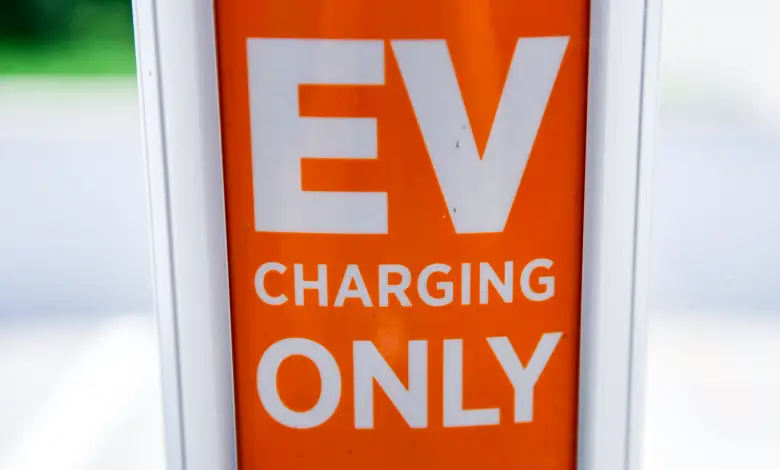The Inflation Mitigation Act of last year added new standards for “critical minerals” and battery components. The Treasury Department on Friday proposed new guidelines to identify which electric vehicles are qualified for tax credits under those new requirements.
Although the Treasury Department will announce on April 18 which vehicles will be qualified for the loans, we now know how the Department intends to determine which EVs qualify and which do not.
The Treasury Department on Friday proposed new guidelines that spell out how to identify whether electric vehicles satisfy standards for essential minerals and battery parts, each of which offers a $3,750 tax credit. The full $7,500 credit is available for an EV that satisfies all the other conditions and qualifies for both.
Keep in mind that it is up to the automakers to choose which of their vehicles qualify and to inform the Internal Revenue Service of this.
The Inflation Reduction Act, which President Joe Biden signed into law in August, offers federal tax credits of up to $7,500 to owners of electric vehicles who satisfy a new set of criteria:
Keep in mind that it is up to the automakers to choose which of their vehicles qualify and to inform the Internal Revenue Service of this.
The Inflation Reduction Act, which President Joe Biden signed into law in August, offers federal tax credits of up to $7,500 to owners of electric vehicles who satisfy a new set of criteria:





